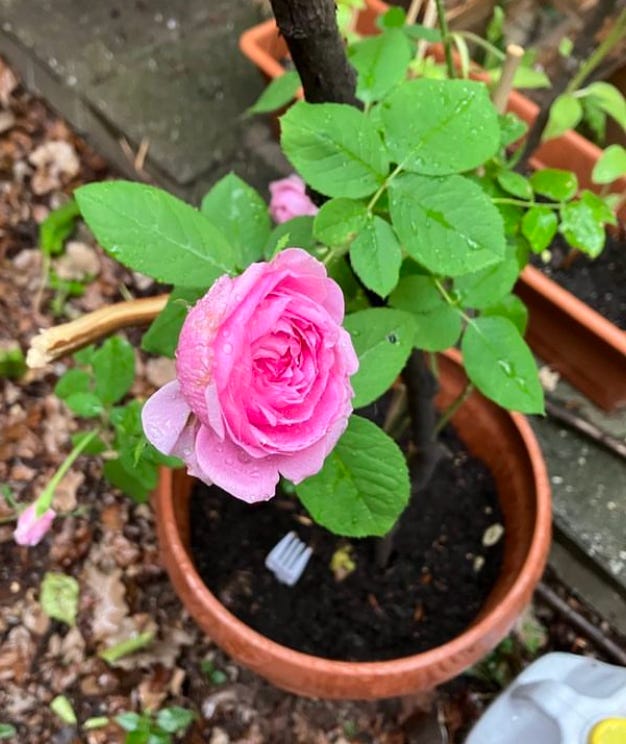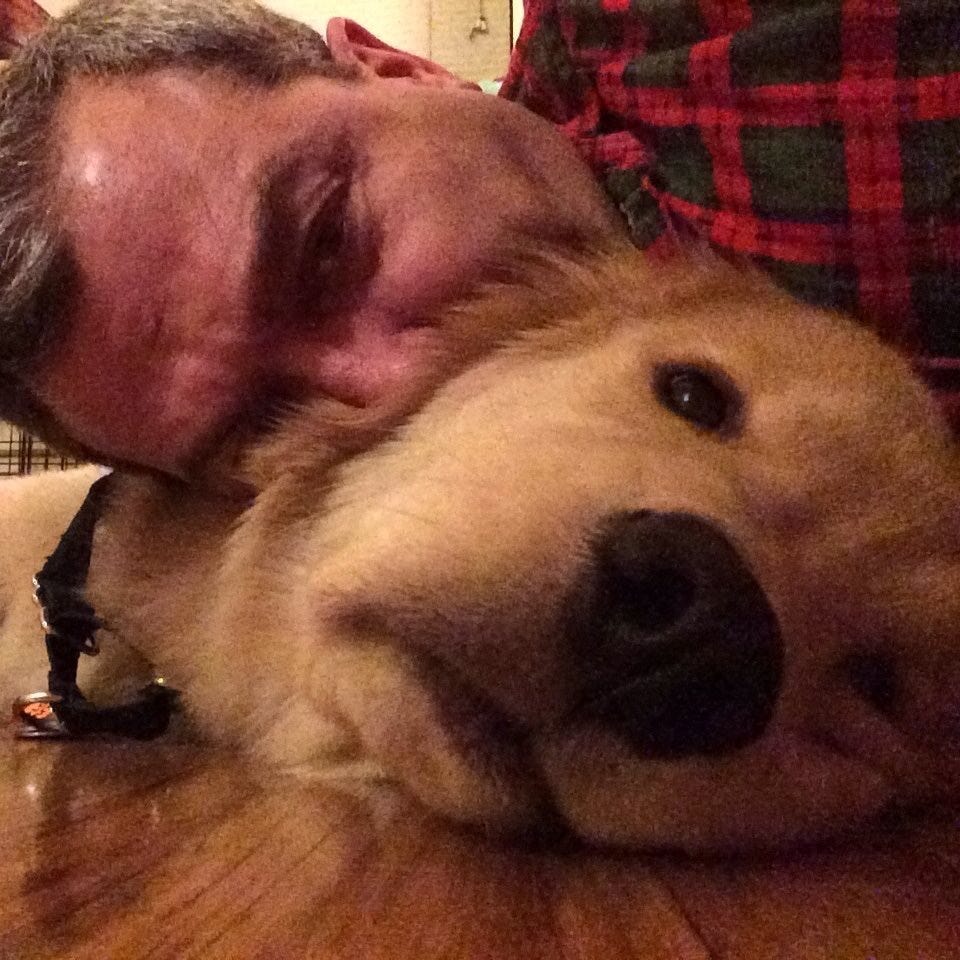About 8 minutes:
I look up at the now white-tipped mountain above my retreat, my maoz, and I say very quietly, “I know that I am not so bad after all.”
Amid all the suffering in the homeland, Matthew Perry’s life and death triggered memories of his joyful and dry character, and his suffering reminded me of suffering closer to home. I wonder about the destructive potential of shame, not only on the sufferers but also on their friends and family.
Silence does not help. Shame does not pack itself up and walk away.
Not so long ago, I admitted to myself, that I had caused pain, and behaved horribly, but I also knew that I was not the first person to hurt people and make large mistakes, knowing that others have, and will do the same. I told myself again and again: I am doing my best. I had not, but I also knew that I was not a bad person.
Every person is a quagmire of errors.
Solitude by intent, I was never afraid of being alone, though losing people was very hard, as my upfront cost of finding new people is high for a divergent introvert, but I also had figured out that no one likes being alone, and loneliness and solitude were not the same. Unimpeded solitude does not cure shame, especially for those with a frantic fear of being alone.
Yet it has rewards:
“Solitude makes us tougher towards ourselves and tenderer towards others. In both ways it improves our character.”(Nietzsche)
Solitude is not loneliness.
One can die of the latter, but solitude teaches you to love yourself more, so if well used, time to yourself can help vanquish shame. No doubt, grief and memory will always outsmart us, and loneliness takes a long time, but shame can be forever if not addressed. A good dog teaches his human tenderness: gentleness and affection, together. Dogs seem to be born with that sensitivity to pain, especially to someone else’s pain.
We may sometimes confuse shame with guilt, which is a related but a very different emotion.
Guilt is a feeling you get when you did something wrong, or perceived you did something wrong. Shame is a feeling that your whole self is wrong, and it may not be related to a specific behavior or event.
Shame is that scar that resides in your mind and it is, usually, invisible to others, or it exudes as something else.
What is shame, but a plea for tenderness? But, from others? Or, more urgently, from oneself?
Recognizing the immobilizing fear of hurt, rejection, and abandonment, at the heart of avoidance, I know. I saw it in others long after I had repaired myself. You never lose that feeling, you just learn to put it in a box and place it on a shelf, a cousin to grief.
Losing shame can be a lifelong war, or it can induce the memories of one, and those battles create avoidance, more frantic fear of abandonment, and a dereliction of the joys of intimate relationships, difficulties with trust, the benefits of sharing pain which is the kernel of intimacy, and the cement of friendship.
First Bud, Ville de Bruxelles
In my story, Hannah figures this out:
“From an Old Rose
Date: Mon, Feb 29, 201X at 10:02 AM
Subject: Re: Bonding
To: <Philip Gates>
I just realized how the lack of tender feelings towards Chuck due to his bouts of rage and intimidation impacted our intimacy - it was next to impossible for me to “'give back'“ because of the accumulated resentment, and I was relieved when he traveled, for I didn’t have to worry about sleeping with him.
Kindness goes hand in hand with tenderness and generosity of body and spirit, and it feels so good lying next to you in the morning.
The roses are beautiful.
xxxxxx”
—-Duchess of Orange 🍊
Roses take their time, and they take your time too, as does tenderness. Each rose grows alone. One rose at a time.
What dogs know intuitively, humans learn best in solitude: that tenderness is gentleness and affection, together, with a sensitivity to pain, especially to someone else’s pain. But if you cannot love yourself, then being alone is Torquemada’s vengeance.
A rose is very sensitive. They feel everything, your tension, your understanding, your kindness, and, yes, how gentle you are with them. No matter how many times they stab you the only response has to be tenderness.
Roses remember everything.
My roses and I are no longer alone. Now, my lack of solitude is an odd feeling for someone who found comfort in it.
Still, if you are constant, when you are far away from your rose garden, you remember it with affection because of all the hard work you have behind you, already in the ground. The colors and overwhelming scent are the end result. Everything has to be just right—sun, humidity, moisture. You have to be tender with your rose, it feels pain, you know. Friends in need, the ones struggling with shame, are roses, too. They need help, but mostly to learn how to stand alone, and how to remember and receive tenderness.
“Stand By Me,” sung live one night, by Tracy Chapman, because I can sing.
“No, I won’t be afraid,Just as long as you stand, Stand by me.”
Sometimes you just have to learn to stand by yourself.
And, I have, and I will.
I had thought that the Comte de Saint-Exupéry said it best:
“‘Goodbye,’” said the fox. ‘Here is my secret. It’s quite simple: One sees clearly only with the heart. Anything essential is invisible to the eyes. . . . It’s the time that you spent on your rose that makes your rose so important. . . . People have forgotten this truth,’ the fox said, ‘But you mustn’t forget it. You become responsible for what you’ve tamed. You’re responsible for your rose. . . .’”
No longer, because I cannot be responsible for someone else who will not forgive themselves.
Sometimes your rose has to take responsibility for handling their shame as no amount of tenderness will convince them to forgive themselves for something that was out of their control: “You were not to blame,” travels poorly if they cannot tell themselves the same.
I grow roses because I am entranced by their unforgettability. Unforgettability dominates my life.
I can hold on to their perfume, their colors, and the red-tipped pricks of their thorns even when I am thousands of miles away from them. Like my memory of some people, the good and the pain. I often wish I could forget people but it is not a strength I own, or hope that I will ever develop.
Some people can do that.
You leave the room, and they can erase you from their memory. They block you or erase your e-mails and texts because the saturation of their memories is intolerable. They cope.
Blockers cannot hold on to the good and bad at the same time and that is how they organize and tolerate their feelings. Not me. I am unable to unhinge myself from my roses, or from my dog, too, and also not from most people; because some memories are the perfect painting, for they revive lives lived; the perfect world, never gone, just on a shelf, ready to be taken down when needed, when ready. My memory is in hues and colors, and rich in smells, too. My olfactory memories differ in some ways from other forms of memory, there is a tendency of smells to be particularly evocative of emotional memories. Indeed, the olfactory nerve is only two synapses away from the amygdala (responsible for certain types of emotions) and three synapses away from the hippocampus (which is critical for long-term memory). Maybe my synapses are atypical. My nose knows, and it defeats forgetfulness like today I smelled jasmine in an office building and no flowers were present.
Maybe, I think with my nose, like my golden retriever, so maybe tenderness is in the nose. There are others like me. We are all mendable; and, talented at mending others, too.
I hold on to, the smell of the salt air, the memories of a beach, the one where I was the ready rescuer, and like Matthew Perry, I hope, in my memory, that everyone I ever loved can say to themselves:
“I look out at the water, and I say very quietly, ‘Maybe I’m not so bad after all.’”
Before it’s never too late and because anyone can mend.
It’s never too late to fix shame by knowing that something unfair was done to you and that it was not your fault. You are good enough, and you deserve to be happy. And, I can always be reached. Selah.
Thank you, Matt, RIP.
“If you can keep your head when all about you
Are losing theirs and blaming it on you,
If you can trust yourself when all men doubt you,
But make allowance for their doubting too;
If you can wait and not be tired by waiting,
Or being lied about, don’t deal in lies,
Or being hated, don’t give way to hating,”
—Rudyard Kipling
©Philippe du Col, 2023. & Duchess of Orange©, Philippe du Col, 2023








